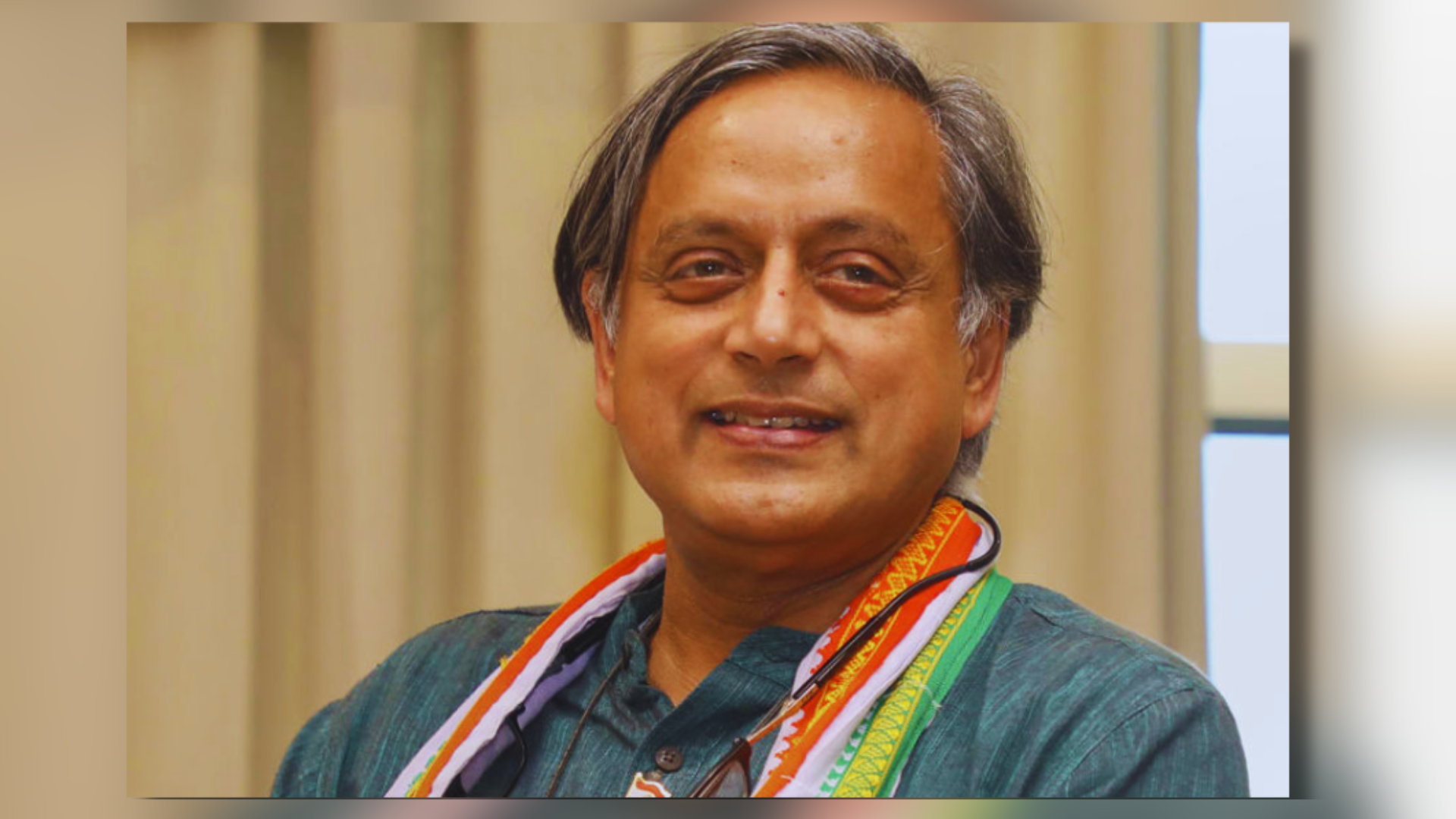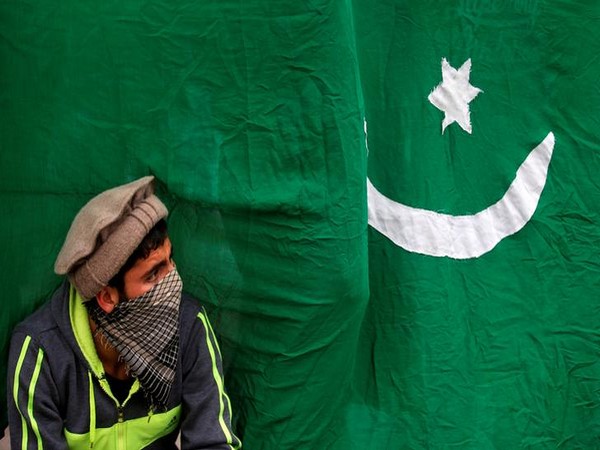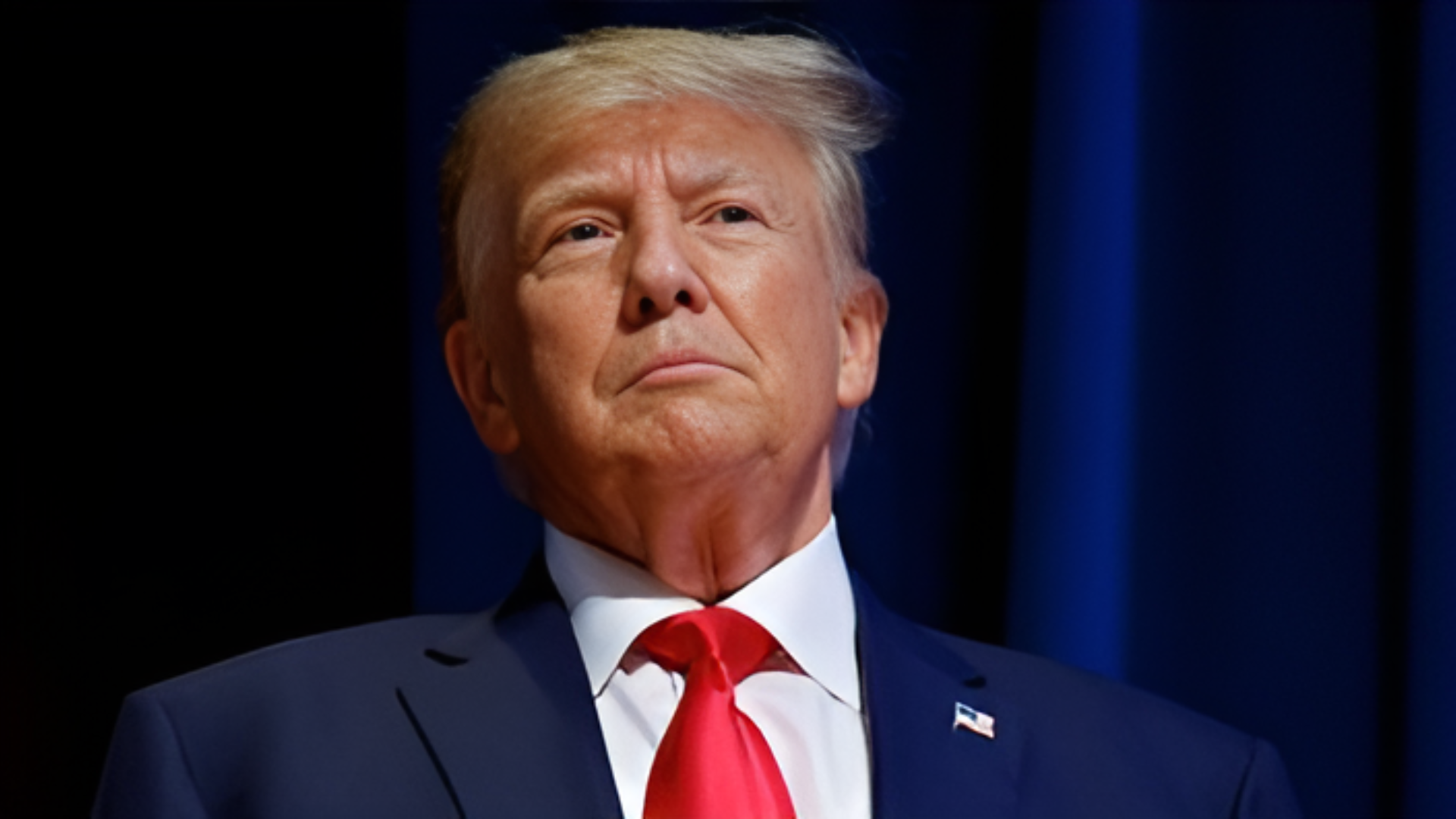In the oath taking ceremony of Prime Minister Narendra Modi, on June 9, several key figures including Narayan Rane, Parshottam Rupala, and Anurag Thakur, who emerged victorious in their respective Lok Sabha constituencies, were conspicuously absent from Prime Minister Narendra Modi’s newly formed council of ministers.
These individuals held significant portfolios in the outgoing 72-member Union council of ministers, making their omission quite notable.
Exclusion of Unsuccessful Candidates
From the outgoing council of ministers, the BJP leadership opted not to include 16 out of the 17 ministers who faced defeat in the Lok Sabha polls. Among these were prominent figures such as Smriti Irani, RK Singh, Arjun Munda, and Mahendra Pandey, all of whom were Union cabinet ministers in the previous council.
Exception: L Murugan
One exception to this pattern was L Murugan, who, despite losing the Lok Sabha election, was sworn in as a minister. Murugan, a member of the Rajya Sabha, showcased his dedication by accepting the oath of office despite facing electoral defeat in the Nilgiris constituency of Tamil Nadu.
Insights from Thakur and Bittu
Anurag Thakur, reflecting on his exclusion, reiterated his commitment to the party’s ideals and expressed optimism about India’s progress under the Modi government. Meanwhile, Ravneet Singh Bittu’s inclusion, despite his loss in the Lok Sabha elections, highlights the BJP’s strategic interests in expanding its influence in Punjab.
Some ministers who were not included, like Rajeev Chandrasekhar, shared their reflections on social media. Chandrasekhar, acknowledging the end of his tenure, expressed gratitude to all who supported him during his 18-year-long stint in public service, despite his electoral defeat.
Parshottam Rupala, a prominent figure in the Rajya Sabha, was entrusted with the crucial portfolio of fisheries, animal husbandry, and dairying in the previous cabinet. His omission from the new lineup signals a strategic shift in the government’s priorities and objectives, prompting speculation about the rationale behind this decision.
Similarly, Narayan Rane’s transition from overseeing micro, small, and medium enterprises (MSMEs) to a different role underscores the fluidity of political responsibilities and the need for adaptability in governance. His victory in the Raigad-Sindhudurg seat added a layer of complexity to his exclusion from the cabinet, prompting observers to ponder the underlying motivations driving such decisions.

















